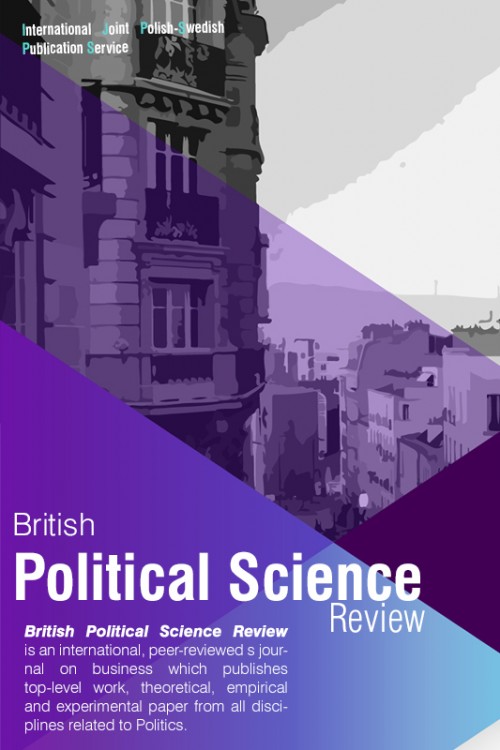
Investigation of the Role of Social Networks and Virtual Space in the Political Transformation of the Middle East and North Afric
Abstract
Different researchers have analyzed the effect of Information and communication technologies and social networks websites on the masses of people and collective movements that happened in the last years. The important point is that to what extent their role has been determinative in the current political transformation in the Arab world. In an interview with CNN, Wael Ghonim, the founder of the facebook page, remarked that if you want to liberate a society, just let them access the Internet. The present study seeks to answer this major question that what effects the communication media, in general, and the Internet and weblogs, in particular, have had on the formation and durability of political transformation and Islamic awakening in the Middle East and North Africa. The main research hypothesis is that, nowadays, the emergence of the modern social movements and political transformation in the Middle East and North Africa (2011) has an obvious connection with the modern functions of the media and social networks (Internet, weblogs, Twitter, Facebook, etc.) and legitimation crisis and inefficiency of the political systems of the authoritarian and totalitarian Arab governments. The findings indicated that media and social networks have played an important role in the political and social transformation in the Middle East and North Africa. In this transformation, the greater part of the content produced by the protesting revolutionary forces was carried out by using media and social networks. The modern communication technologies confronted the formal boundaries and provided an alternative voice instead of the formal traditional media of Arab governments which only reflect their formal policies and viewpoints. This is a qualitative descriptive-analytic study, using the library and documentation resources.